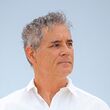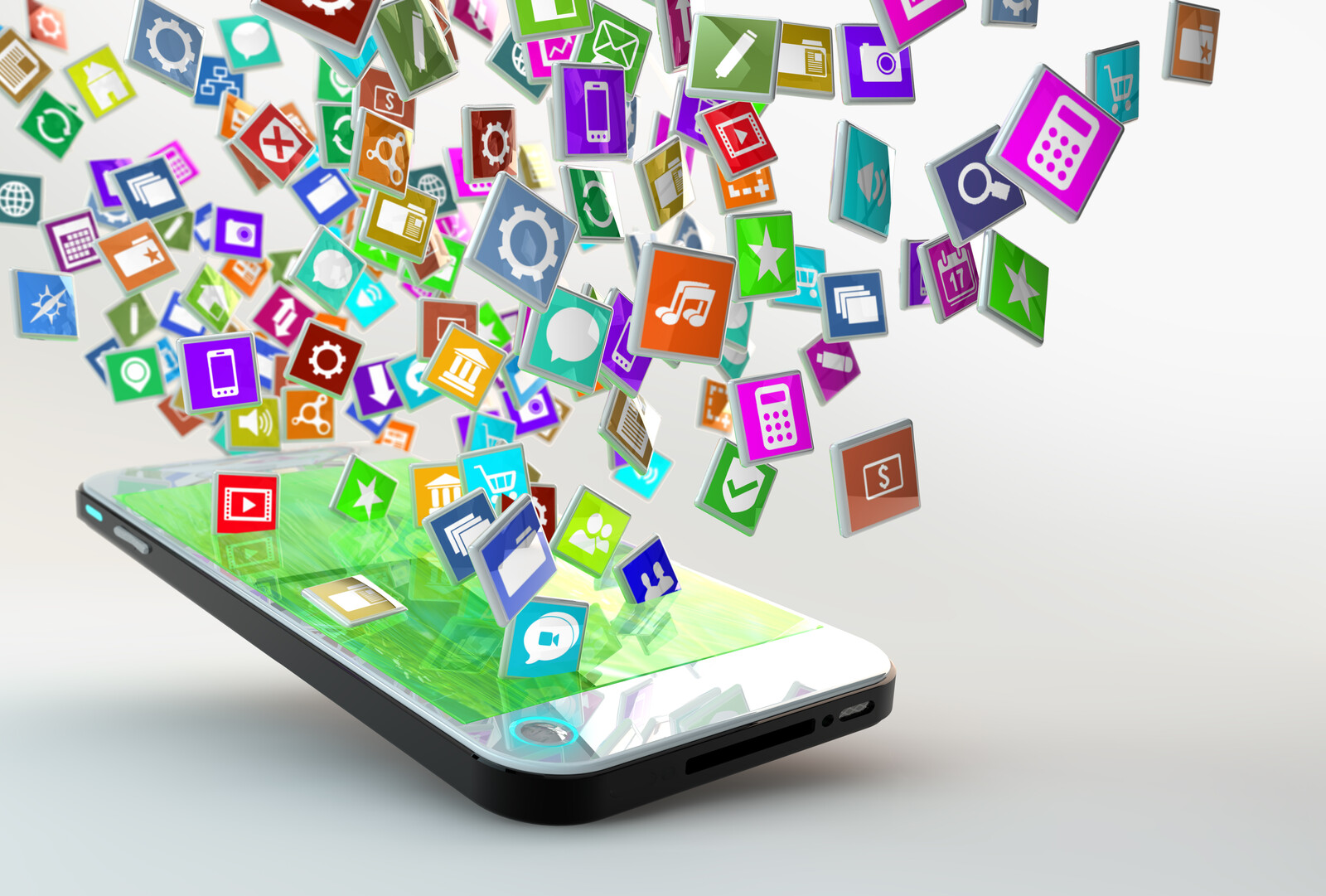What’s one of the most devastating experiences a modern person can go through? In this hyper-connected, always switched-on world the way people maintain their life and social network is largely via the mobile phone. Can you learn to live without one when you don’t have a choice?
I live a continent away from the majority of my friends and family so the online world is our way to stay in touch. The same is true for those where I live when busy lives and a state of constant busy-ness makes the communication applications like Facebook and WhatsApp the tools of choice to meet up and keep track of activities and events. Maybe I’m one of those especially hooked into this electronic existence as someone building a ‘platform’ to make people aware of the books I publish. Imagine then the scenario when your lifeline to your second reality (online versus physical) disappears and how devasting this can appear to be.
I had been trying for many months to meet up with Helge Timmerberg, a German author I had been introduced to via a mutual friend, my translator. Helge is very well known in Germany, being a celebrated journalist who has published over a dozen books about his world travels and appears regularly on national television. His outrageous exploits make him Germany’s answer to Hunter S. Thompson. A lot of his books detail adventures in exotic locales, especially India. As my first novel, Nirvana Blues, starts out in India and was published by a Berlin publisher we had a lot to talk about.
After several near misses in Barcelona and Switzerland we finally locked in a day I could meet him at his apartment in a small city close to the Swiss-German border. His only instructions were to bring a swimsuit. After a few emails back and forth during my one-hour train ride we agreed to meet at a café in the train station.
While I was waiting at the designated meeting place I exchanged texts with someone in Ibiza who was trying to convince me to visit. When Helge showed up I ended the chat mid-conversation and set my phone aside on the table. We were sitting outdoors by the platform where he could smoke and had a coffee, catching up on our latest news. Being a hot summer day he was going to introduce me to his favorite swimming spot – a small lake above the town developed into a swimming center from a water source originally built in the 1700’s. We crossed the town, boarding a small cable car crowded with a school group and ascended to a plateau above the city. A five-minute walk later we were at a beautiful green hued lake with sunbathing platforms on either end and Art Nouveau bath houses with changing rooms in the middle. The water was cool, clear and refreshing which was a welcome contrast to the heat. While Helge swam laps, I dried on a wooden deck after my dip enjoying the holiday feeling along with the many other sun worshippers. After we changed back into street clothes I wanted to take a picture of the lake using my phone. I couldn’t find it in my backpack where I was sure I had stashed it or in one of the many pockets of my cargo shorts. We searched the locker and changing room with no luck.
What had been a peaceful sojourn turned into a minor panic attack and crisis as my mind immediately jumped into thinking about the data and images on my phone and what the person who had found it could access if they could break into it. My various email, and social media accounts for starters. A wave of paranoid thoughts washed over me. Could someone get into my mail, send messages in my name and steal my contacts? Even if the phone wasn’t compromised, the whole ordeal of getting a new one and restoring all my applications wasn’t an appealing scenario because of the time and expense. Then I wondered if I had been clever enough to back up all my notes and photos. Would all that be lost? I started to fall down a rabbit hole of worries and anxiety as an event I never imagined could happen was upon me. As we walked to the cable car to go back to the café and look for the phone I put on a brave face, internally believing with some remote faith in a positive ending. Helge surprised me by suddenly starting to sing in his booming voice the chorus from a song:
When I was just a little girl
I asked my mother, what will I be
Will I be pretty
Will I be rich
Here’s what she said to me
Que será, será
Whatever will be, will be
The future’s not ours to see
Que será, será
What will be, will be
I joined in his enthusiastic singing with gusto, trying to banish my fears which were threatening to hijack the spirit of the wonderful summer day. We paused in our song during the short ride back down to town. Helge wasn’t impressed at my loss as he mainly used his computer for email and social media so a phone was just a phone. When we got out of the cable car and started walking through the small squares of antique buildings and narrow streets in the old town we started singing again with passion, two madmen oblivious to the world around us, joyful on a sunny day. When we got to the chorus I started improvising in rhyming lines, lamenting the loss of my phone. We were laughing and singing and the fears were fading while curious locals wondered what was going on. I was happy to have a fearless adventurer as a companion leading the way on my journey.
Nobody had turned in my phone at the café or the train station lost and found so we assumed a passerby getting off a train or one of the groups of young people hanging around had seen the phone on the outdoor table and claimed it for their own. Que será, será.
We hiked up to Helge‘s apartment for an afternoon tea and spent several hours trading stories sitting at a table in the garden. He told me about his new book which appropriately enough was about overcoming fear with the help of a mantra he learned on one of his travels to Nepal. It had helped him conquer his dread of television interviews and other fearful situations. As we chatted I was able to put aside the trauma of my loss. Taking a break, I used his phone to call the police on the rare chance an honest citizen had found my mine and walked 15 minutes to the police station to turn it in. The line was perpetually busy – Friday afternoons seem to be full of crime.
After eventually exhausting our conversation, we walked back to town for dinner. The narrow streets of the city were full, with animated people eating and drinking at outside tables in the late summer warmth. We ate in the back garden of a small family run Indian restaurant where Helge was a regular guest. Afterwards, we started towards the police station but some passing police told us it was closed for the weekend. I went to catch my train while Helge set off to work on his next project.
On the train ride home, a conductor asked for my ticket which was of course on my phone. (Naturally, in the morning there had been no control.) I was sitting in a section with a bunch of teenage boys who were trying to behave on a Friday night so the conductor had to make a show of authority. He said if he accepted my story of a lost phone all these kids would use the same excuse on their next trip. In the end he made a show of reluctantly excepting my story as true.
When I arrived in Zurich I hurried home from the station with the intent of changing all my email and social media passwords if it wasn’t too late. I’m not a very technical person but remembered there was a function on my computer called ‘find my phone’ I could use – if I had been smart enough to activate it. I started up the program and it seemed to be working. I zoomed in further and further on the map, deeper into the city where the phone disappeared and was encouraged to see the positioning marker in the town. Zooming in further I saw the arrow was square on top of the police station. A wave of euphoria spread over me.
Because the police station was closed until Monday (no crime on the weekends in Switzerland!) I had to manage a couple of days without a phone. I had places to be – how could I find those three events on Saturday without Google maps? How could I enter the club when the entry ticket was in my email? And how could I arrange to meet my friend when I was late leaving the birthday party? I couldn’t even book an Uber! I felt incomplete and naked with a sense of powerlessness. Adrift and unconnected I decided to change my way of thinking and manage my life the old-fashioned way – living without a technological crutch.
By the time I was finding my second event on Saturday a strange thing started to happen – I became calm, centered and confident. I had made the leap from an always switched on person to a free individual, unencumbered by needing to open people’s posts and chat with emoji’s. That feeling of liberation was like losing ten pounds of weight from my shoulders. The lost phone was not the end of the world, it was a gift of living in reality, returning to a childlike sense of freedom. The forced digital detox empowered me with the feeling that in the future I could be less dependent on my device and actually enjoy the scenery on a train ride rather than being glued to my screen like the majority of other passengers. I could see how much our on-line addiction via our smartphones has become a way of life. Even though my break was forced, I can wholeheartedly suggest that it is something to consciously plan. You will be surprised at the lightness of being that a day or two of phoneless freedom can bring. Que será, será.
(A note for my German speaking friends. Helge’s new book ‘Das Mantra gegen die Angst oder Ready for everything’ is now available from Piper Verlag at your local bookstore or on-line book sites. From what he told me about it, it’s sure to be another entertaining set of adventures as only he can describe.)


